Behind the Scenes at PWC
Pacific Wildlife Care (PWC) has been an advocate for wildlife in San Luis Obispo County since 1984.
From that time we have grown from a small group of dedicated home rehabilitators into a successful non-profit organization with a well-equipped rehabilitation center, a full-time wildlife veterinarian, a small paid staff, and nearly 200 volunteers. In addition to the Rehabilitation Center, which is open every day of the year, we maintain a Wildlife Hotline that the public can call to report distressed wildlife (injured, sick, orphaned) and to receive information about our local wildlife.
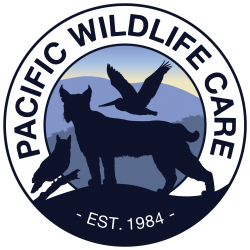
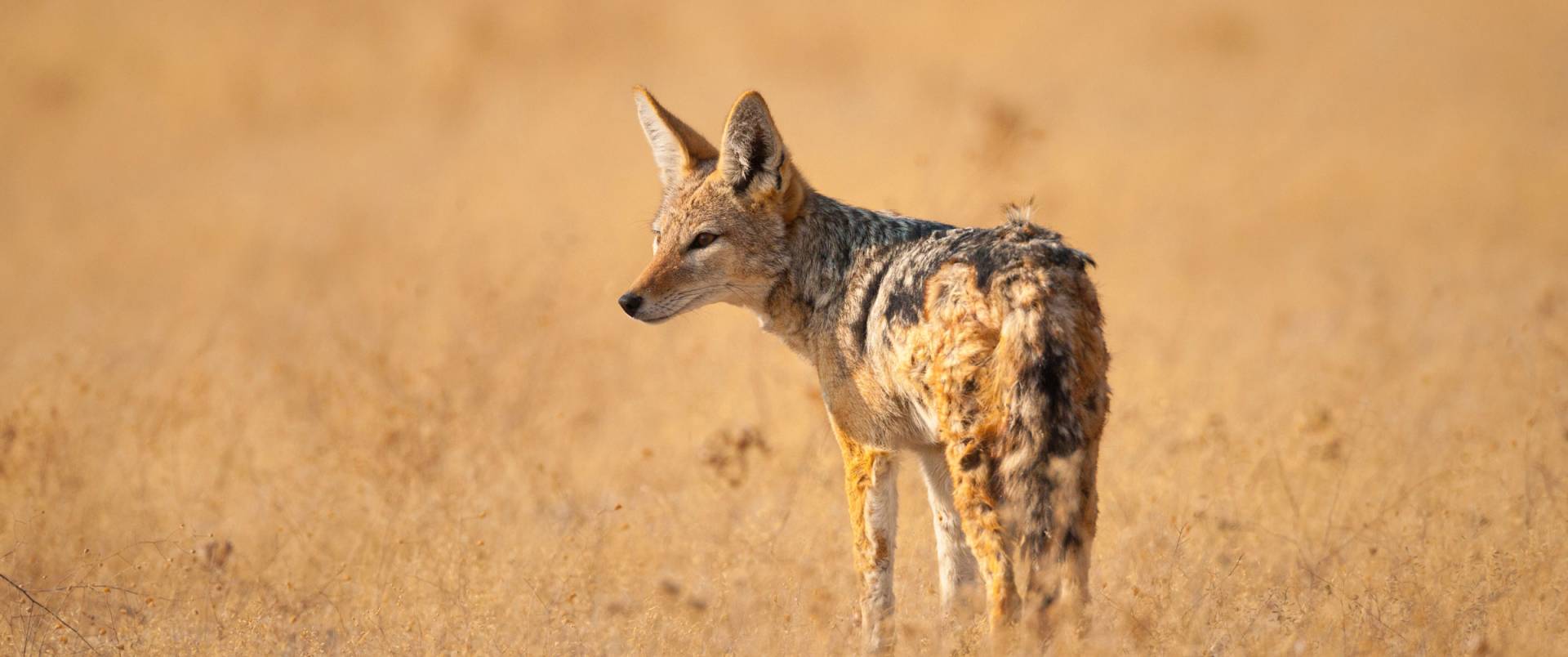
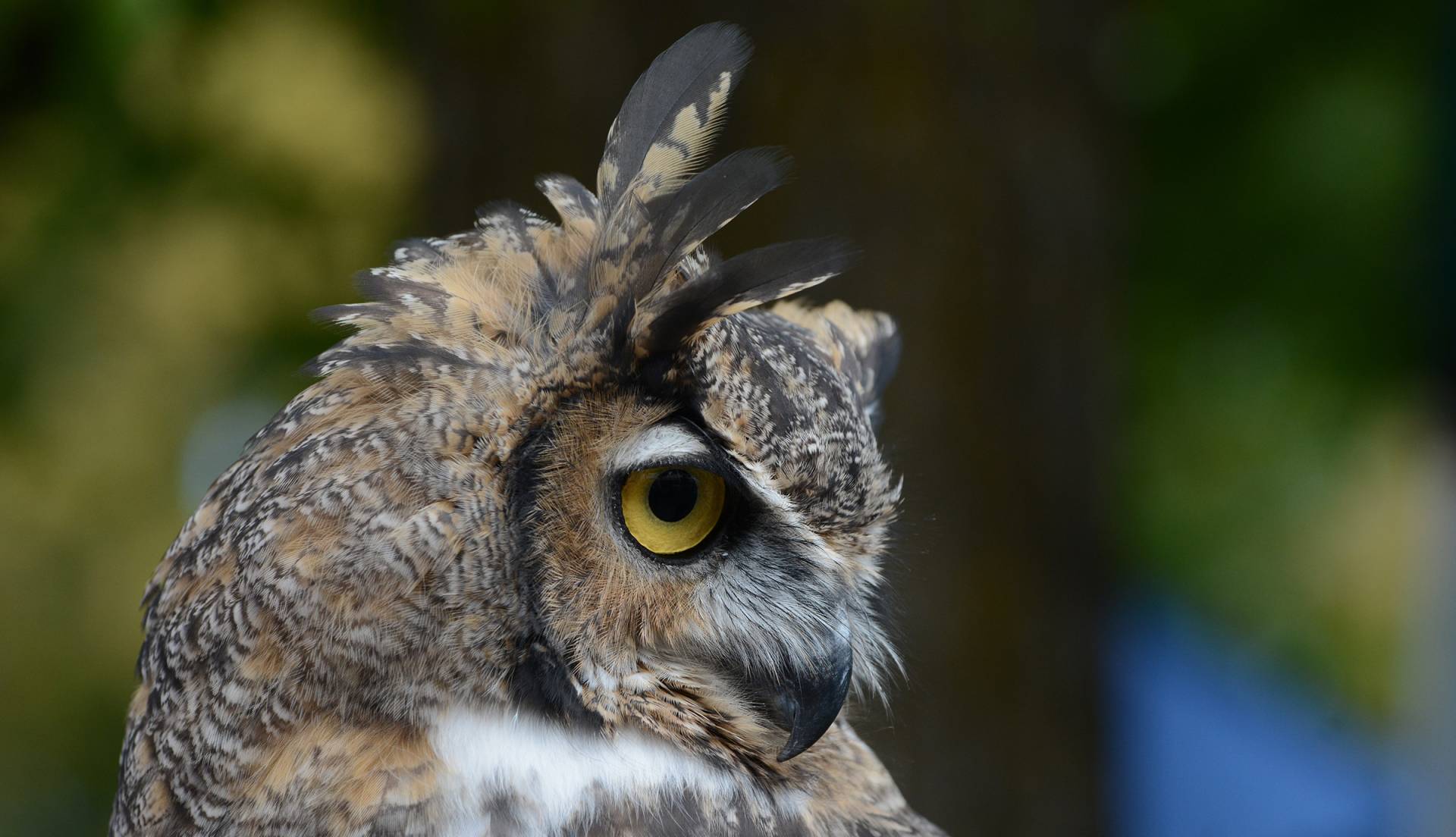
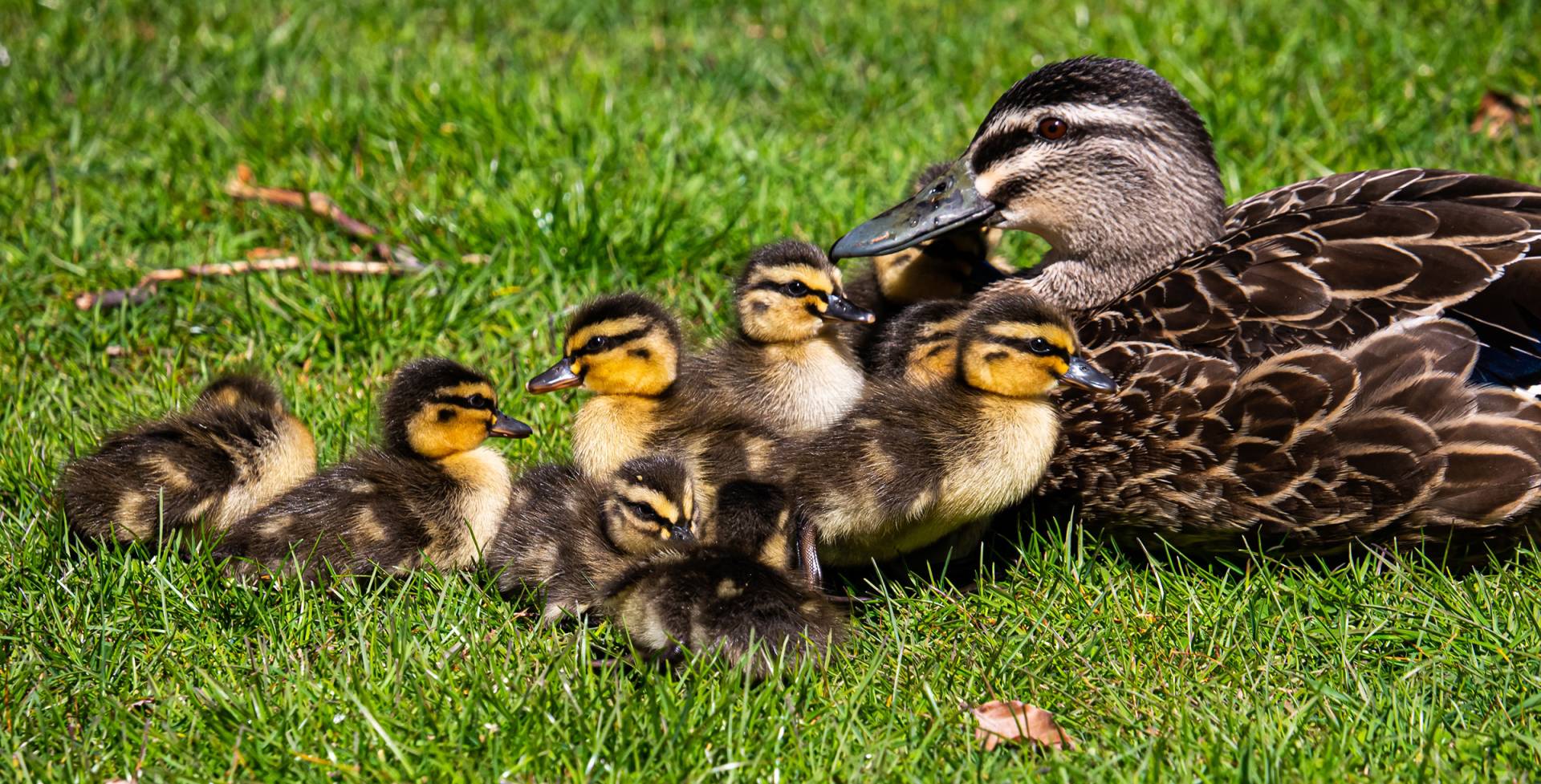
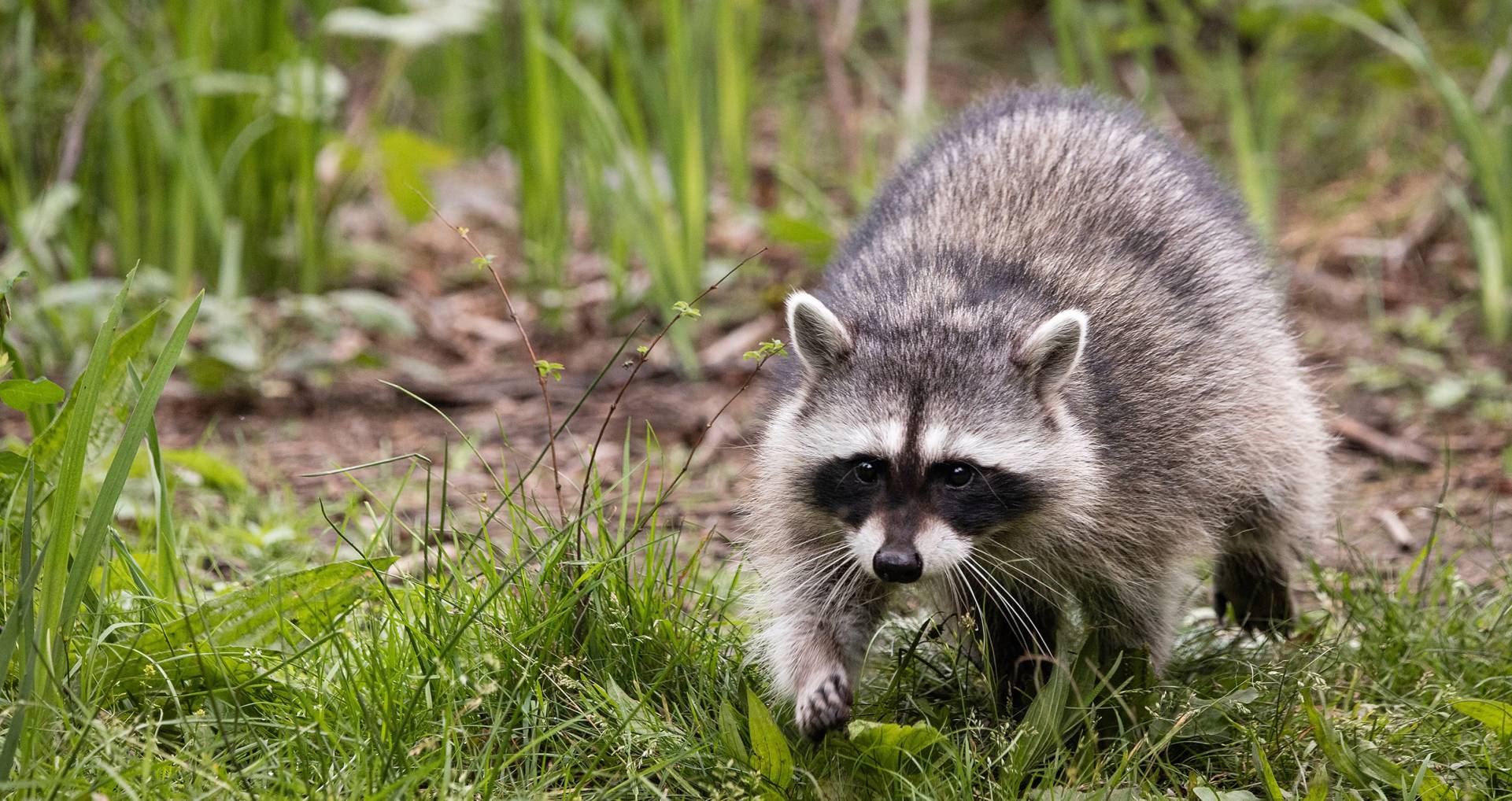
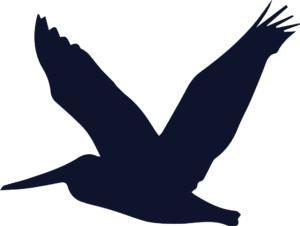
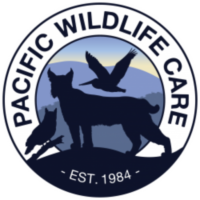
Facebook Posts
Often as wildlife rehabilitators, we see the results of well-intentioned rescuers trying to raise and feed wildlife. Lack of knowledge can result in harm and even death for the animal. Baby birds covered in hardened food not only lose the insulation needed to keep warm but the damage to their feathers can mean they must be kept in care through a complete molt. Such long-term captivity is difficult and risky for them. Improper nutrition, even for a brief time, can result in bone and growth problems and may be fatal. Please, if you find injured or orphaned wildlife, call a licensed rehabilitator immediately. We are open every day of the year to help you. Don’t feed or water the animal. Keep it in a warm, dark, quiet place away from people and pets. Following these simple instructions may mean the difference between life and death. Although we hope you contact us right away, we will take any wildlife no matter how long it has been in your care and we will do everything we can to see it successfully released.
Pictured are 3 House Finches from a past season that were kept by the public and fed an improper diet. They all had to be washed, have yeast infections, and eye inflammation requiring specialized treatment.
#Wildlife #KeepThemWild #NotAPet #DoNotFeed #WildlifeRehabber #WildlifeRehabilitation ... See MoreSee Less
Since April 20th, Pacific Wildlife Care (PWC) has seen a significant increase in Brown Pelican patients arriving at our animal care center. These majestic birds are arriving emaciated and dehydrated, with distressing reports of sick and displaced brown pelicans being discovered all over San Luis Obispo County.
Our dedicated team at PWC is working tirelessly alongside California Fish and Game and neighboring Wildlife Care Centers in Monterey and Santa Barbara to monitor this concerning situation. While it's too early to pinpoint the exact cause of their distress, rest assured that we are committed to keeping the public informed as we gather more information.
If you encounter a pelican in distress or any animal needing help, please don't hesitate to call our Wildlife Hotline at (805) 543-9453. Our trained Hotline and Rescue Transport Volunteers are available 365 days a week to provide assistance.
If a pelican exhibits neurological signs such as falling over or seizing, please refrain from handling the animal directly. Instead, call PWC immediately and wait for assistance. Remember, animals should never be touched with bare hands.
We urgently need your support to continue our rescue and rehabilitation efforts. Pelicans require approximately five pounds of fish per day for sustenance, and your donation can help us rebuild our fish supply. Additionally, your generosity will provide essential care, fluids, and medications needed for these birds to make a full recovery.
Together, we can make a difference in the lives of these beautiful creatures and ensure their survival. Thank you for your compassion and support.
❤️Click link to donate—> pacificwildlifecare.networkforgood.com/projects/218991-brown-pelican-appeal
#brownpelican #pelicans #wildliferescue #wildliferehab #donate ... See MoreSee Less
We wish we were posting with news that we found our Peregrine Falcon but that is not the case, at least not yet. We are still searching. We wanted to reach out to thank all of you who have provided leads, shared our posts, and expressed hope and encouragement. We are following up on every possible lead and your kind wishes are really helping to keep us, and other searchers, going.
We also wanted to post three more pictures that might be helpful. The one with Morro on his handler’s glove shows both how dark colored his back is and gives perspective on his size. The other picture shows what his jesses look like. We used a pencil to represent his leg to show how the jess, which would normally be attached to the leash, would hang down. If he is flying with both the jesses still on they should be visible hanging down. Also, the differences of how a Peregrine Falcon looks in flight versus a Red-Shouldered Hawk. Notice that peregrines have long pointed wings that jut forward at the wrist versus a hawks who have full wide wings and broad tail. We hope this helps. Please call if you’ve seen him and get a picture/video of your sighting if you can. (805)543-9453
For those that missed it: Morro is our escaped educational Peregrine Falcon that got out during an event at Laguna Lake, San Luis Obispo, on 4/20/24. He was born and raised in captivity and with PWC for 14 years. He has never lived in the wild. He is banded with jesses on both legs (strands of short leather pieces.)
#sanluisobispocounty #lostanimal #peregrinefalcon ... See MoreSee Less
Thank you PWC volunteers for all of your contributions to California wildlife rehabilitation! ... See MoreSee Less